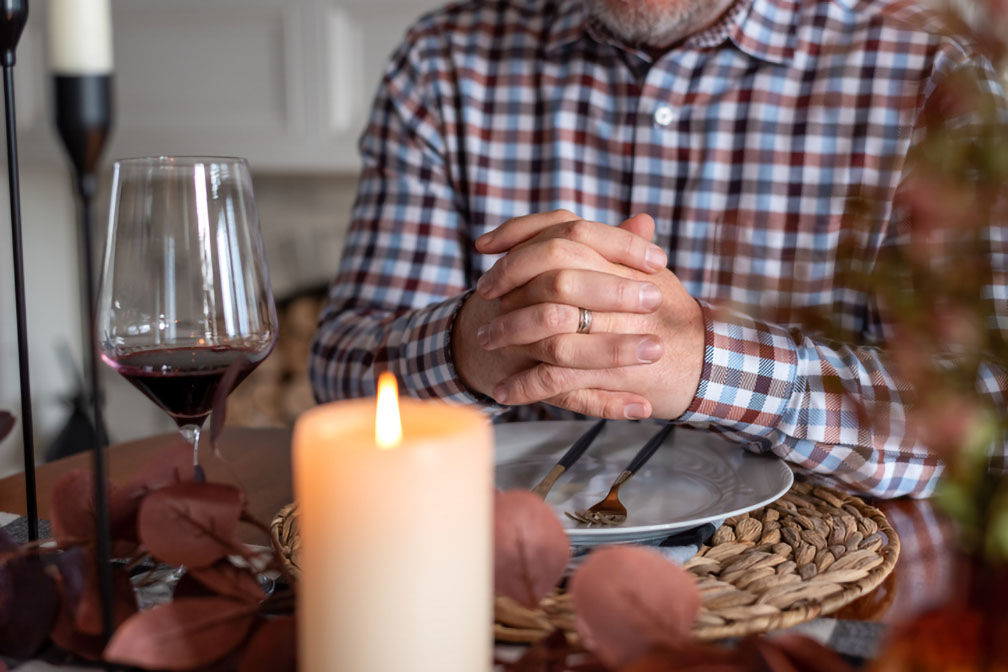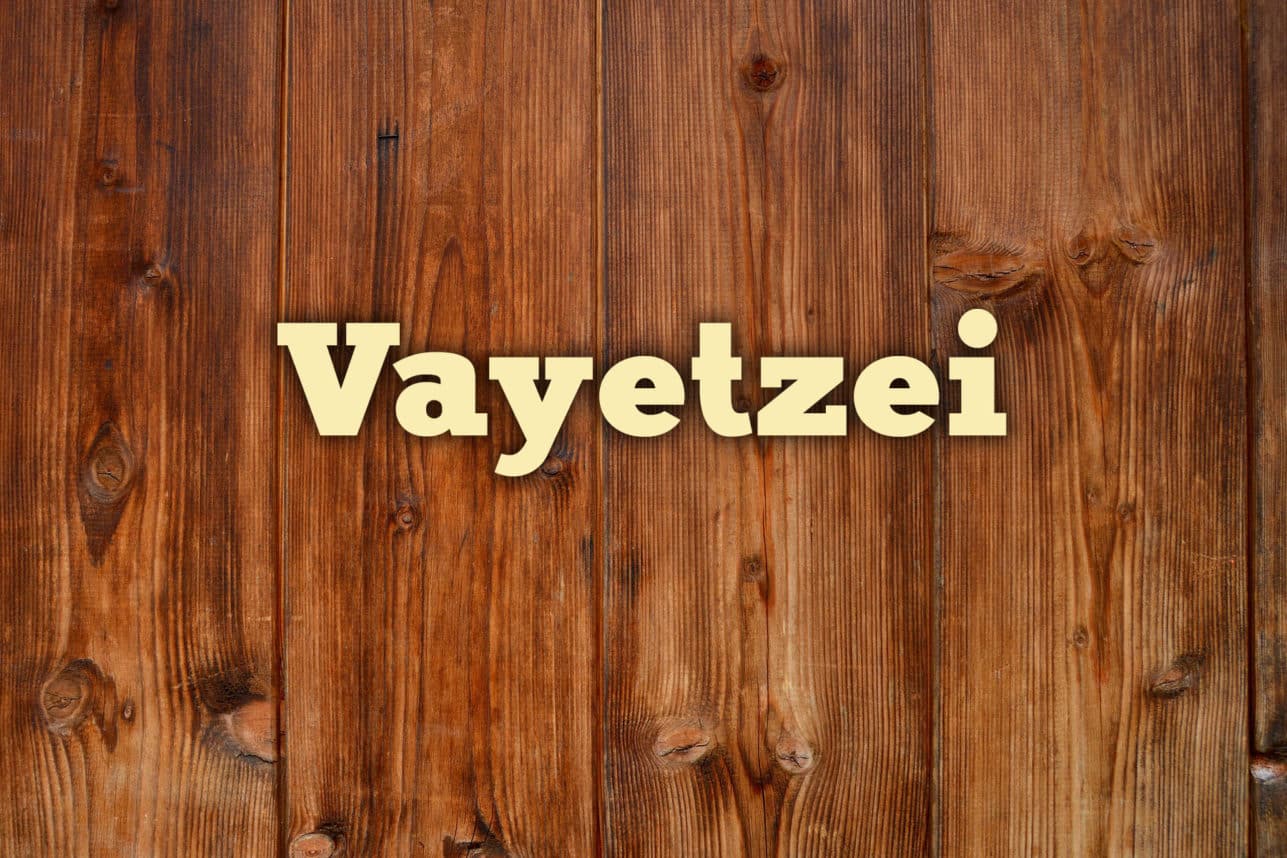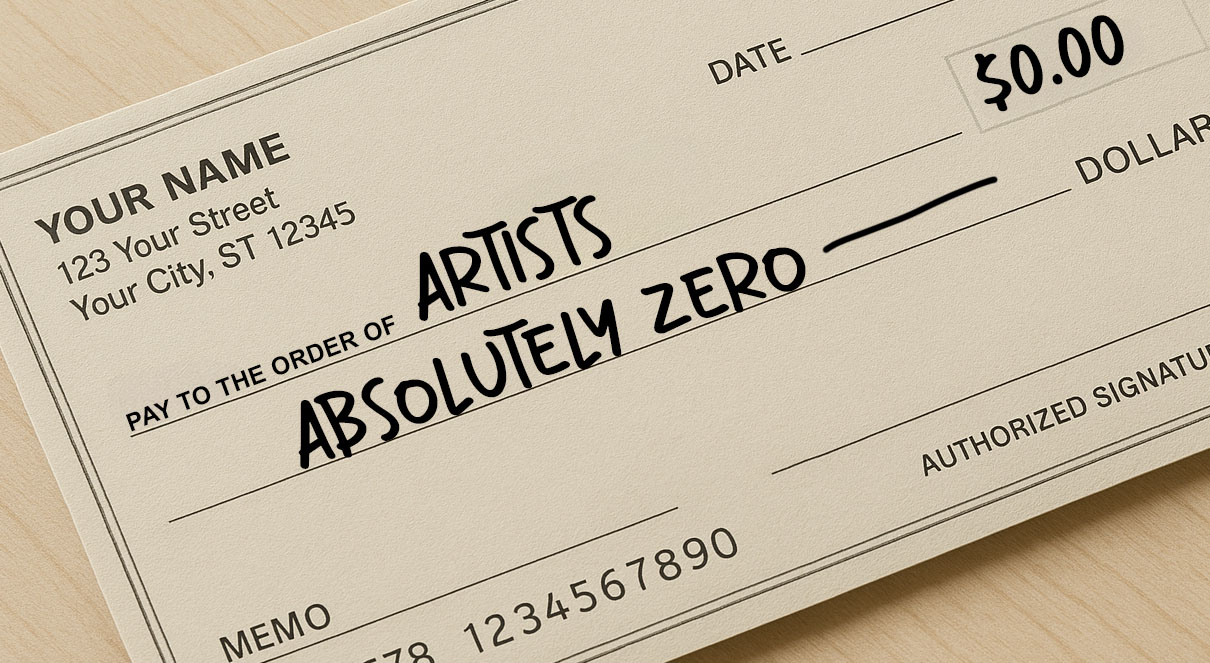Didn’t your Mother always remind your father to cancel the mail and newspaper delivery before you left on holidays? Well, for those of you using social media tools such as Facebook and Twitter, you should exercise the same caution when updating your status or sending out messages. A recent BBC news report shows that criminals are increasingly using social media to target their victims. If you announce your plans to go out for the evening or away on holidays you may be posting a public sign that reveals the fact that you’re not home.
Your online “friends” get direct feeds of everything you publish on your social media. To test how readily people accepted ‘friends’ online, Opinion Matters – a European market researcher – recently sent out 100 “friend” or “follow” requests to strangers selected at random. 13 percent were accepted on Facebook and 92 percent on Twitter—without any checks.
Despite these new “friends”, the survey found that nearly two-thirds of 16-24 year olds shared their holiday plans using their Facebook or Twitter accounts. Men were very relaxed about giving personal information online, with 13 percent going so far as to include their mobile phone number on their profile compared with 7 percent of women. Nine percent of men also posted their address compared to 4 percent of women. Of course, even if you don’t post your address it’s a relatively simple task to find it for those that know how.
So think twice before publishing that “So excited – we just left for a two week vacation” post. A complete stranger can quite easily learn about your interests, current location and movements in and out of your home … and it would certainly ruin any holiday or evening out to come home to a ransacked house.
Sam Gliksman
You can email me at sam@mail.swsoftware.com
Follow my Twitter feed at
Did you enjoy this article?
You'll love our roundtable.
Editor's Picks



What Ever Happened to the LA Times?

Who Are the Jews On Joe Biden’s Cabinet?


No Labels: The Group Fighting for the Political Center
Latest Articles

The Theology of a Simple Basket


The Label That Stings: Jew-Haters Are Losers

We Can’t Fight Antisemitism By Killing Free Speech






















